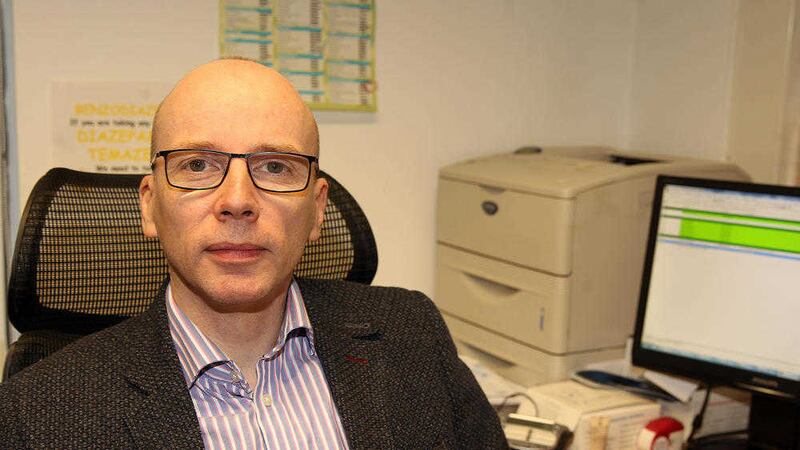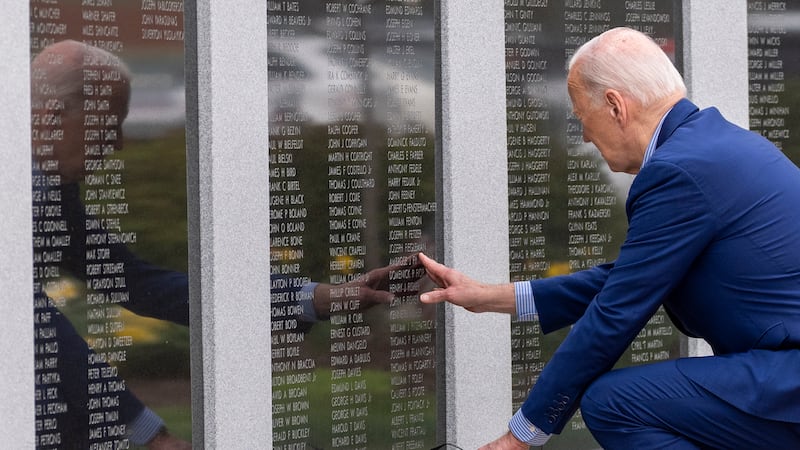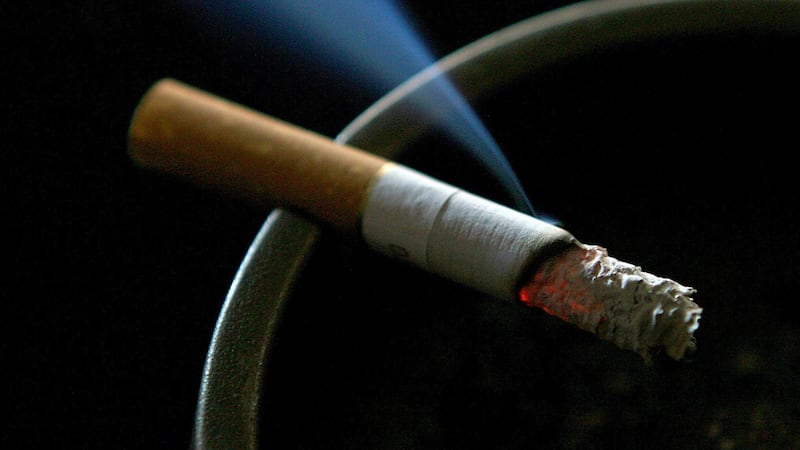A west Belfast GP has revealed how he has started to lose patients to heroin addiction for the first time in his 20 years as a family doctor.
Dr Michael McKenna, who is based in the mid-Falls area, said three addicts - all men - attending his practice had died in the past year, while a woman with a heroin dependency died in 2014.
All were under the age of 30, and one was a non-national.
Previously most addicts and heroin-related deaths had been confined to north Antrim, with a high-profile community addiction unit based in Ballymena.
Eighteen months ago a north Belfast grandmother, Helen Fitzpatrick (49), was found slumped in her Ardoyne bedroom with a used syringe.
In an interview with the Irish News, Dr McKenna said fatalities linked to heroin had been "completely unheard of" in west Belfast.
"I would rarely have patients coming in admitting to heroin use but to have people dying as a direct result of their addiction is something new," he said.
"I worked in Glasgow in the late 1990s during my training and got a bit of an insight over there but you forget how difficult it is.
"You rely on people coming in and telling you they have a problem - but like alcohol, patients often tend to 'minimise' their habit. So they come in presenting with issues like pain management and mental health problems and you work out there is a drug problem.
"There is also the issue of non-national patients who arrive here already addicted to heroin.
"We are also seeing a big rise in the number young women who have drug dependencies, with heroin among the drugs."
Dr McKenna said a major problem is escalating waiting lists for detox and drug treatment services - with a six-month wait for one charity-run rehabilitation unit in the city.
A six to eight-week NHS waiting list is in place in Belfast for heroin addicts being referred to community day-patient detox services, such as methadone programmes.
There are no dedicated inpatient detox beds in the Belfast trust following the axing of the Shaftesbury Square facility more than six years ago, with the regional treatment beds located in Downpatrick.
Dr McKenna said he had one patient with a heroin addiction who had been admitted to hospital on 20 occasions in the past year - including a general ward, intensive care and A&E – due to lack of services.
"The current service is struggling a little - and needs to be more reactive. You're dealing with a group of people who tend to disengage with services more than engage.
"The biggest problem is getting heroin addicts to turn up for appointments. What happens then is that they turn up in A&E for treatment, get discharged and then are back again."








